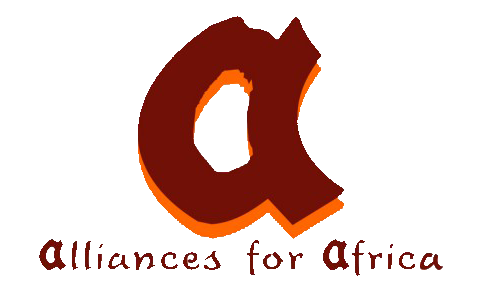The International Anti-Corruption Day, marked annually on December 9, is a day set aside by the United Nations to promote the cause of collective action in preventing corruption. It is in recognition of the United Nations Convention against Corruption which was signed in Mexico in 2003.
This year’s theme, “Your right, your role: Say No to Corruption”, highlights the role, rights, and responsibilities of every individual and stakeholder including, Public & Private Sectors, Law enforcement agencies, Civil society organizations, Academia, and the Media in tackling corruption.
The United Nations Convention against Corruption, adopted by the UN General Assembly October 31, 2003, by resolution 58/4 is the only legally binding universal anti-corruption instrument. Nigeria as a participating country signed the convention against corruption, on December 9, 2003, and ratified, December 14, 2004. The Convention covers many different forms of corruption, such as bribery, trading in influence, abuse of functions, and various acts of corruption in the private sector.
However, corruption is prevalent at every level of the Nigerian government, from massive contract fraud at the top, through petty bribery, money laundering schemes, embezzlement, vote-rigging by political parties in elections, business arrangements and family loyalties dominate governmental appointments paving the way for politicians, officials, and their business associates to divert appointments through behind the scenes agreements and the awarding of profitable contracts to favored supporters. In 2018, the country ranked 144th in the 180 countries listed in the Transparency International Corruption Index and 149 0f 183 countries in 2000. It is not a good image for Nigeria!
The effects of corruption cuts across public finances, business investment, as well as standard of living, lower governance effectiveness, through smaller tax base and inefficient government expenditure, weak investment – Foreign Direct Investment, low human capital as fewer people, especially the poor, are unable to access healthcare and education.
The recent action taken by the Ebenebe women of Anambra state during the gubernatorial election will always stand out.
A viral video from a polling unit showed where they turned down a N5000 bribe, brazenly offered with relish by some party agents. They were emphatic in their rejection of the money. These women left no room for negotiations, they were firm in their approach. Incidentally, they are poor rural women, but they put up extraordinary courage in the face of inducement and took the moral high ground. And that’s why we celebrate them today!
These women are remarkable. They could have taken the bribe and still voted to their conscience, but they bluntly refused to be compromised. The women of Ebenebe held onto truth, their healing truth!
This singular act, as it seems, gives a lot of hope to Nigeria. They have written their story in gold. They have taught us that you can live poor and still live with dignity.
On this year’s Anti-corruption day, we all must unite as citizens with shared responsibilities to promote resilience and integrity at all levels of society. The leaders of national and subnational governments have a major role in strengthening measures and policies to bring about a culture of integrity, that will help shape inclusive state institutions’ resilience to corruption and abuse of power, founded on the principles of integrity, transparency, and accountability. Doing so will help to mobilize valuable development finances towards critical areas.
We, therefore, recommend that:
- Anti-corruption fight be guided by legislative framework for transparent and accountable government, comprehensive strategy that is systematic, comprehensive, consistent, focused, publicized, non- selective and non-partisan as well as, protection of whistle blowers
- political reform to curb political corruption especially election rigging; reform of substantive programmes and administrative procedures
- The government ensures democratic and free civic spaces for engagement with the citizenry and the media.
- Public servants, including security agencies should be appointed, appraised, and promoted on merit to reduce the level of nepotism and favoritism.
If these recommendations are dully and meticulously implemented, then there would be significant reduction in corruption in Nigeria.
Tags: Accountability, Anambra, culture, Ebenebe women, Imo State, southeast, transparency, Women

